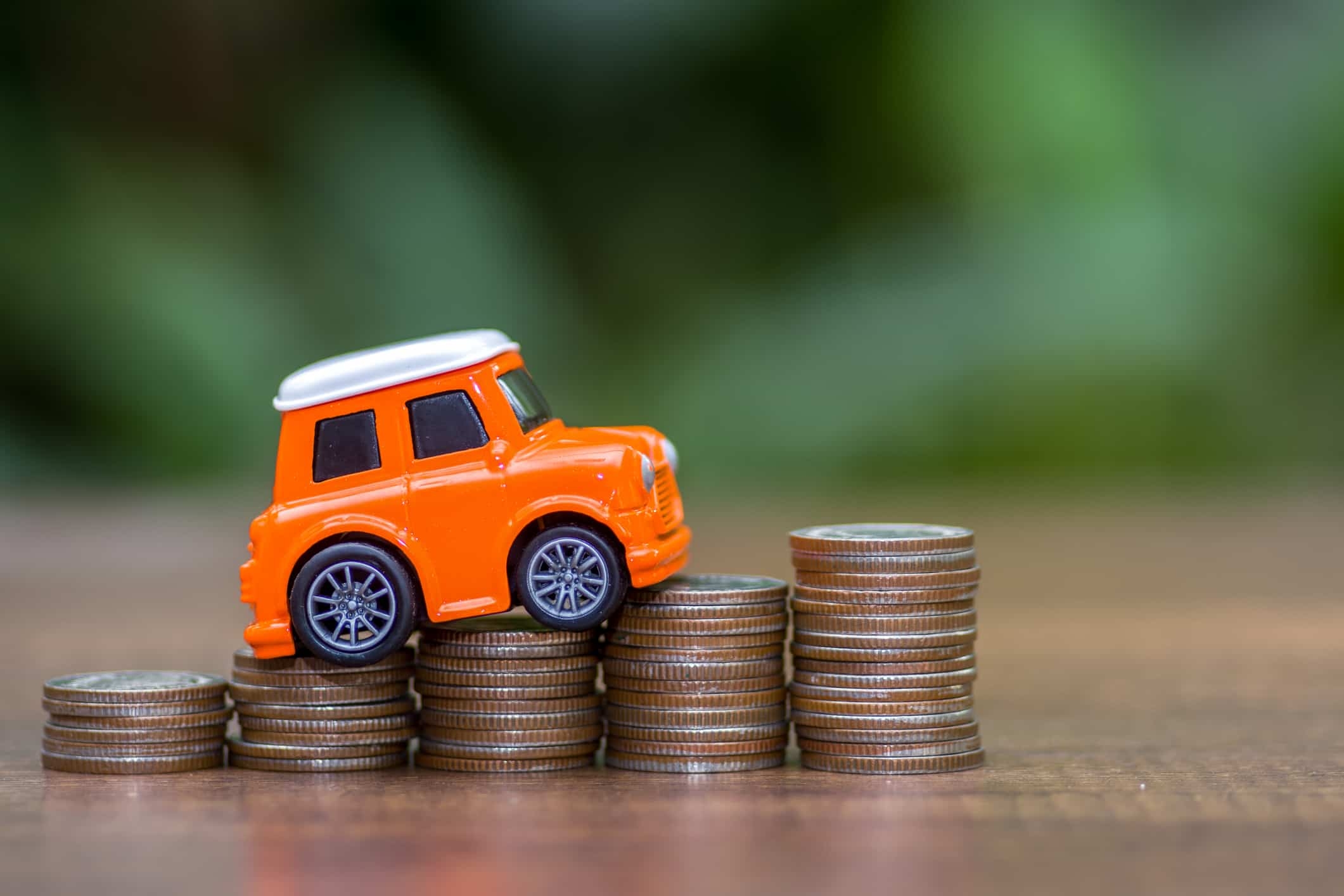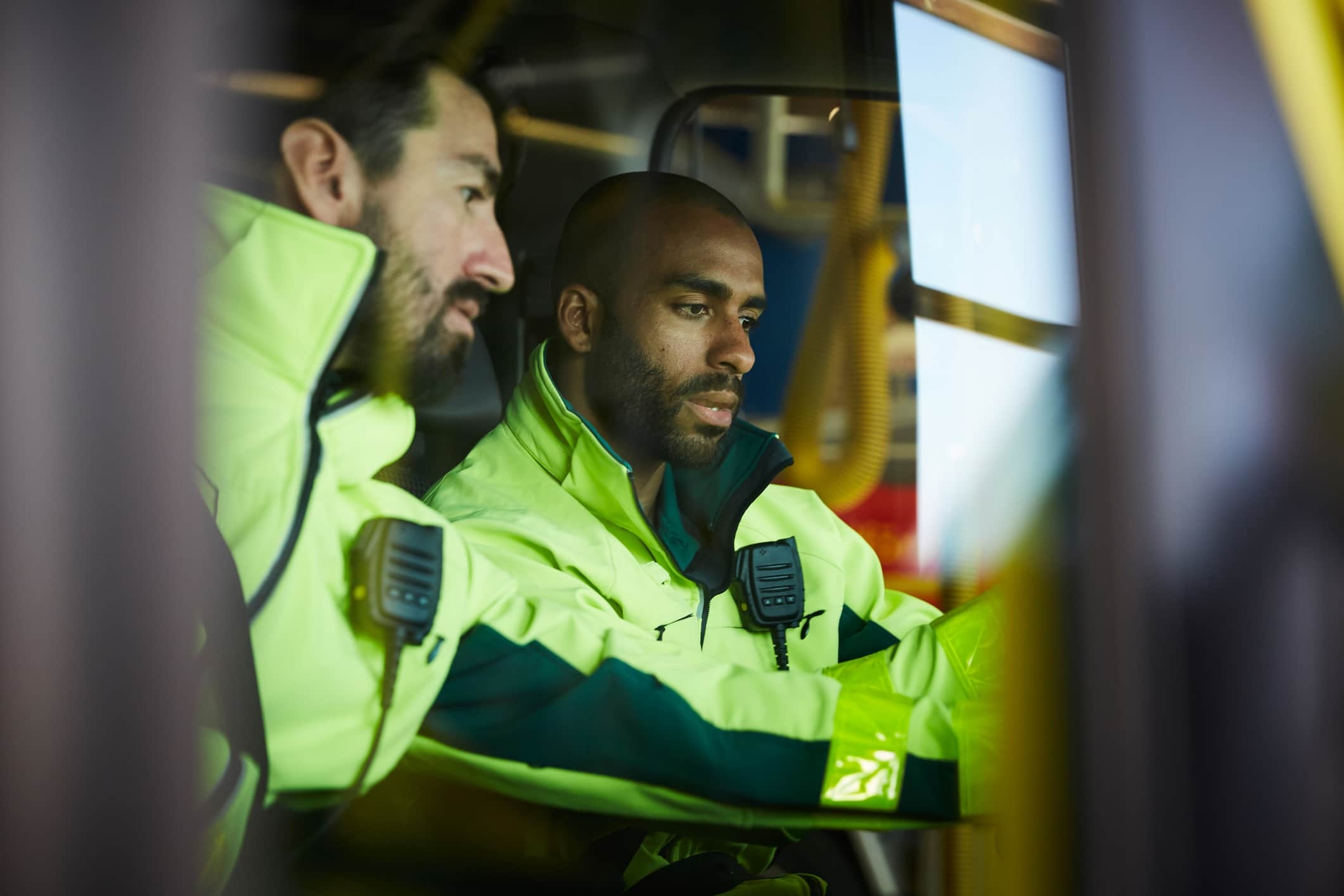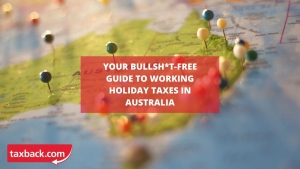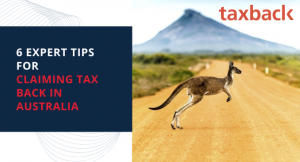5 Tax Expenses Every Australian Backpacker Should Claim
It’s pretty likely that you will have to fulfil some tax obligations if you decide to go on an adventurous working holiday in Australia and the truth is tax can be a daunting subject for many of us.
When you work in Australia, even as a backpacker, you must pay taxes to the Australian Tax Office (ATO), and a certain percentage will be deducted directly from your paycheck each month.
The good news is that you will also be entitled to claim tax back in Australia. A hefty refund is not something that you want to leave at the tax office, because working holiday tax refunds are usually substantial.
In fact, the average Australian tax refund a Taxback customer receives is AU$2,600.
Curious to find out how much you’re owed? Check out our FREE online tax refund calculator!
This is where you will need to know your rights because here you will be able to claim the deductions for certain expenses that you are entitled to.
Here are 5 tax expenses you didn't know you could claim during your working holiday in Australia.
What expenses can I claim during my working holiday in Australia?
If you need to spend money to earn your income, you will more than likely be able to claim it as a deduction.
Want to Learn More About Australian Tax? DOWNLOAD YOUR FREE TAX GUIDE HERE
Work-related expenses
In order to claim a work-related deduction, you must have spent the money but were not reimbursed and you must have a record to prove this expense (a receipt or invoice).
You cannot claim an expense that was for private purposes.
The ATO may seek information from your employer to double-check if the expenditure was already reimbursed.
1. Vehicle expenses
If you need to travel to perform your work duties, you can claim travel and vehicle expenses. Keep in mind that you cannot claim for your everyday trips from home to work, as this is considered private travelling.
You can claim if:
- you have a second workplace, and if you need to travel between two jobs (one of the places is not your home)
- you need to travel to meet a client
- initially, your home was the base of employment and then you had to travel to another place in order to continue your work for the same employer.
- you have shifting places of employment- if you work at more than a single place before you return home
- you need to carry heavy equipment or tools with you, which your employer requires, and you are unable to leave them at your workplace.
You can’t claim if:
- you need to travel between your home and your workplace more than once a day
- you need to drive because there is no public transport
- you incur expenses because you work outside of normal business hours
Itinerant work
If you carry out itinerant work, then you can count your home as a workplace. In this situation, you can claim the cost of driving between workplaces and your home.
What is itinerant work?
- If travelling is an essential part of your work
- You have many places you travel to throughout the day
- Your home is the base of operations, but you cannot finish what you do until you travel to other places
- Your employer provides an allowance in recognition of your need to travel continually between different work sites and you use this allowance to pay for your travel
Car expenses

If you need to use your own car to perform work duties, this is considered a car expense. If you use someone else’s car, then you can claim costs, such as fuel. Keep in mind, that you can only claim expenses that are related to your work.
If you use your own car in order to perform your job as an employee, you can claim a deduction for work-related car expenses, if you:
- carry bulky equipment and this is required by your employer
- attend meetings or conferences
- travel between different workplaces
- perform itinerant work
- collect supplies or deliver items
Note: You should be aware that if you receive an allowance from your employer for car expenses, this is assessable income that must be included on your tax return.
Work-related car expenses
You can claim expenses for a car that you owned, leased or hired (with a hire/purchase agreement).
If you have a private/ family arrangement where you are the owner of the car, even if you are not the registered owner, you can still claim expenses.
Damage caused to your vehicle (or third-party) in the course of your employment
You may claim the costs you incurred if you are:
-
involved in an accident which causes damage to a third-party vehicle, and
-
liable for the damages/compensation for the damage caused to the other vehicle, you may be entitled to a deduction for the costs you incurred
2. Other travel expenses
-
Travel expenses you incurred for accommodation, meals and incidentals while away overnight for work like going to a conference (your travel should involve an overnight stay)
-
Air, taxi, bus, train, tram and car-hire fees
-
The costs you incur (such as fuel costs)
Note: You cannot claim a deduction if your travel expenses are reimbursed
If you receive a travel allowance:
You must declare the allowance as income on your tax return
If you get paid an allowance for some travel expenses, you don’t have to keep written evidence of your expenses, if your claim does not exceed the reasonable allowance amount set for each year.
In case that you want to claim more than the reasonable allowance amount, you need to keep evidence of your expenses.
3. Clothing and laundry expenses
Assuming that you need special equipment to perform your work duties, you can claim a deduction for the cost of buying it. This could be a distinctive uniform or occupation-specific clothing.
If you receive an allowance for your work equipment from your employer, you will need to declare this amount on your tax return.
Occupation-specific clothing, protective clothing and work uniforms

The rule is that you can’t claim the cost of purchasing or cleaning clothes you bought to wear for your job if they are not specific for your occupation.
You can claim for clothing (including footwear) that you wear to protect yourself from injury.
You can also claim a deduction for a work uniform that is unique and that’s been designed especially for this employer.
4. Equipment, tools and other assets
If you buy any equipment and tools in order to earn your income, you are entitled to claim a deduction.
Whenever the equipment is used both for private purposes and for work, you should divide the expense, and you will be able to claim only 50% of the expense.
Examples of tools and equipment include tools, technical instruments, computers, software, safety equipment and more.
You should know that you can also claim the cost for repairing your tools.
5. Self-education
If you have to study, and if it’s work-related, you can claim a deduction for self-education expenses.
It’s important to point out that the course must be connected to your current employment (sufficiently), helps you improve specific skills and it’s likely to lead to an increase in your income from your employment.
Once you have filed your tax return, you will need to keep the records of all of the expenses you claimed, since ATO may ask you to provide evidence that supports your claim.
The truth is, most tax deductions are more complicated than this brief review. There are more deductions available than those listed here.
If you are still confused or have questions about the expenses you can claim, you can Chat Live 24/7 with our tax experts.
If you are not sure how to file your tax return, don’t forget to seek professional help.
Want to Learn More About Australian Tax? DOWNLOAD YOUR FREE TAX GUIDE HERE
Why apply with Taxback?
-
Stress-free online service - no complicated forms
-
You’ll receive your maximum legal refund
-
You’ll benefit from our experienced team - we’ve filed more than 1 million refund applications on behalf of our happy customers
Apply for your Australian tax refund
How much tax will I get back?
The average Australian tax refund with Taxback is AU$2,600. So it's worth checking how much Australian tax you are owed back! Use our tax refund estimator to find out how much tax you are due back.
If you need to know more about tax refunds in Australia, you could visit our Guide to Australian Working Holiday taxes.




